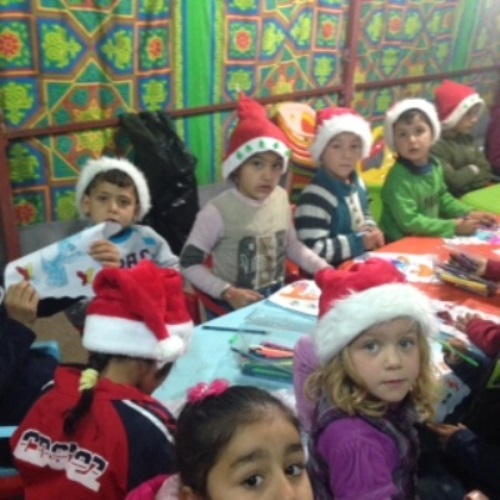|
Chaldean Patriarch insists 'the security of the Pope in Iraq can be guaranteed' "His visit would be more than a simple visit. It would be one with high pastoral and spiritual symbolism. He could come for a day. He could start in Baghdad and visit the government. In the afternoon he could celebrate Holy Mass here [in Erbil] and return in the evening. The visit of Pope Francis would be a major support for us, not only for the Christians but for the whole of Iraq," By Oliver Maksan ERBIL, Kurdistan (Dec. 20, 2014)—Patriarch Louis Raphael I Sako, leader of Iraq’s embattled Chaldean community, is pinning his hopes on a visit to the country by Pope Francis. In an interview with international Catholic charity Aid to the Church in Need, the Patriarch—whose Church is one of 20 Oriental Churches in union with Rome—reported that he has personally invited Pope Francis. "His visit would be more than a simple visit. It would be one with high pastoral and spiritual symbolism. He could come for a day. He could start in Baghdad and visit the government. In the afternoon he could celebrate Holy Mass here [in Erbil] and return in the evening. The visit of Pope Francis would be of major support for us, not only for the Christians but for the whole of Iraq," the Patriarch said. "I don't know why the Holy See is so concerned. I can give an assurance that nothing would happen to the Pope. His security would be guaranteed one 100 percent,” he added.
Patriarch Louis Raphael also insisted that ground troops are needed to liberate the traditionally Christian areas in northern Iraq which recently have been taken over by ISIS: "The policy of Western countries is not clear. We don't know when the villages of the Nineveh plain will be liberated. It will still take some time. The coalition forces haven't decided yet. OK, they are conducting air strikes. But we need ground troops to push ISIS back." The Patriarch expressed confidence that most of the more than 100,000 Christian refugees currently stranded in Kurdistan—chased from their homes and robbed of their possessions by ISIS—will eventually return to their homes: "The problem is one of trust. If there were some kind of international protection in this area the people would return. Their property is there, their houses and so on." He did acknowledge that not all would return: "they are anxious. Many believe that the West is paradise. But when they get there they are shocked. Everything is different there, the language, the culture and the society." If the present situation persists, however, there is little doubt that many thousands of Christians will permanently leave Iraq. The Patriarch reported that between five and ten Christian families are already leaving the country every day. "It's not only refugees who are going, but also people who still occupy good positions and have houses. They are afraid for the future and worried about their children. That's why Christians from Baghdad, Basra and even Erbil-Ankawa are going. This is hitting us very hard because it's the well-educated Christians who are leaving." The Patriarch offered a sombre assessment of the chances of a political settlement reconciling Iraq’s Sunni and Shiite Muslims. He spoke in terms of a “very small chance for an internal settlement, but it's a very small one." Local Christian leaders have made efforts to bring the factions together, but with little success. “They respect us. But the problem is bigger than that. It's not only a matter of Iraqi internal politics, but also of international politics. America, Iran, Turkey continue to play a role. That makes a solution so difficult,” he said. Moderate Sunnis are afraid of condemning ISIS publicly, the Patriarch continued: "They can't. They're afraid. Who can protect them? Even the Imams remain silent. They risk being beheaded." Thus far there have only been very reticent condemnations of ISIS atrocities done to Christians and Yazidis, the Patriarch charged. "In my opinion there is a kind of sympathy, especially because the people believe that ISIS can stop Shiism. Yet, there is also a lot of suffering for Sunnis living under ISI, because people are not accustomed to the radical interpretation of Islam propagated by ISIS,” the Patriarch concluded. ACN photo by Pamela Kelley: Christian refugee children in Erbil |
|
|

